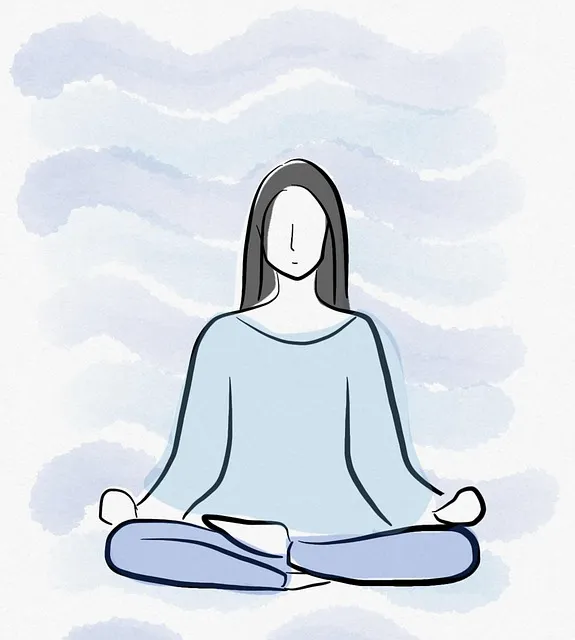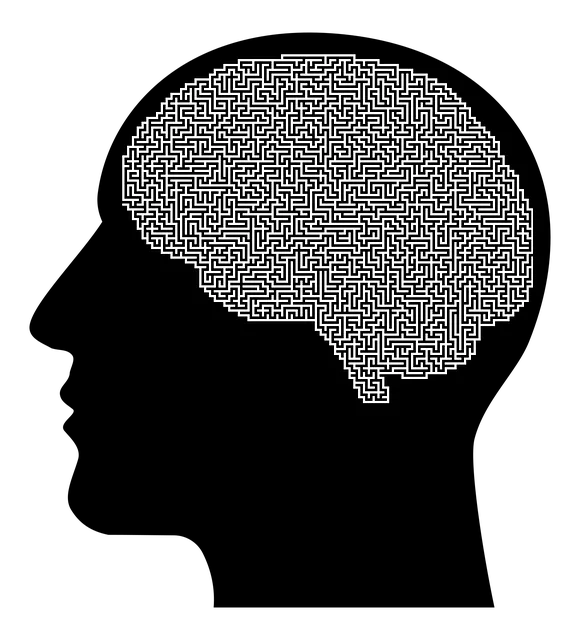Kaiser Permanente mental health Northglenn employs the RFM framework to enhance resilience among patients through holistic well-being initiatives. This approach integrates self-awareness exercises and public campaigns, empowering individuals to cope with challenges and reduce mental health stigma. By implementing diverse programs, Kaiser Permanente Northglenn fosters adaptability, improves mental health outcomes, and creates a supportive community network.
“In today’s fast-paced world, resilience is a vital asset for mental well-being. This article explores the power of RFM (Recovery, Flexibility, and Mastery) in mental health care, drawing insights from Kaiser Permanente Northglenn’s innovative approach. We delve into practical exercises that build resilience, offering implementation strategies and success stories to empower individuals. Discover how these techniques, inspired by leading organizations like Kaiser Permanente, can transform lives.”
- Understanding RFM in Mental Health Care
- Kaiser Permanente Northglenn's Approach
- Building Resilience Through Exercises
- Implementation Strategies and Success Stories
Understanding RFM in Mental Health Care

At Kaiser Permanente mental health Northglenn, Resilience, Frequency, and Moment (RFM) is a framework that has gained significant attention in recent years. It offers a structured approach to understanding and enhancing resilience among individuals seeking mental health care. The RFM model recognizes that resilience is not an inherent trait but rather a skill that can be cultivated over time. By focusing on three key dimensions—resilience, frequency of positive experiences, and moment-to-moment awareness—this framework provides a comprehensive strategy for building mental fortitude.
This approach aligns with the broader Mental Health Policy Analysis and Advocacy efforts aimed at promoting holistic well-being. Through Self-Awareness Exercises and Public Awareness Campaigns Development, Kaiser Permanente Northglenn seeks to empower individuals to navigate life’s challenges more effectively. By integrating RFM into their care plans, mental health professionals can foster a sense of agency and adaptability among clients, ultimately contributing to improved mental health outcomes in the community.
Kaiser Permanente Northglenn's Approach

Kaiser Permanente Northglenn takes a holistic approach to mental health, recognizing that building resilience is key to fostering well-being. Their strategy involves a comprehensive set of exercises designed to empower individuals with effective coping skills. By integrating these practices into their community programs, Kaiser Permanente aims to create a supportive environment that enhances mental wellness and prepares folks to navigate life’s challenges.
This approach extends beyond traditional therapy sessions, incorporating innovative methods such as public awareness campaigns and group activities focused on developing resilience. Such initiatives not only educate individuals about mental health but also encourage open conversations, reducing stigma and promoting early intervention. Through these efforts, Kaiser Permanente Northglenn strives to create a resilient and supportive network that positively impacts the mental wellness of their community, including Kaiser Permanente mental health Northglenn services.
Building Resilience Through Exercises

Resilience is a vital asset in navigating life’s challenges, and exercises designed to build this strength can significantly impact mental health, as demonstrated by Kaiser Permanente’s mental health Northglenn initiatives. These exercises go beyond traditional self-care routines for better mental health; they empower individuals with tools to cope with stress, adversity, and even trauma. By integrating practices that foster emotional intelligence, participants gain a deeper understanding of their emotions and learn effective communication strategies.
Through interactive activities, group discussions, and mindfulness techniques, individuals cultivate a sense of self-awareness and emotional regulation. This process enables them to respond rather than react in high-pressure situations, fostering adaptability and resilience. The benefits extend beyond the individual, as enhanced emotional intelligence contributes to stronger relationships and more supportive communities, creating a ripple effect of positivity in Northglenn and beyond.
Implementation Strategies and Success Stories

Implementing resilience-building exercises (RFM) within organizations, such as Kaiser Permanente mental health Northglenn, has proven to be a game-changer in fostering a healthy and resilient work environment. These strategies focus on empowering individuals to navigate challenges effectively, enhancing their overall well-being. One successful approach involves tailored workshops that address specific needs, like stress management and self-esteem improvement, which are crucial for mental health professionals.
By combining risk assessment with personalized interventions, Kaiser Permanente has been able to create a supportive culture. For instance, their programs often include techniques to reduce anxiety relief, ensuring employees feel equipped to handle pressure. This holistic method has led to increased job satisfaction and improved performance, as evidenced by the positive feedback from participants. Such initiatives not only benefit individuals but also contribute to a more productive and cohesive organizational climate.
Implementing resilience-focused exercises, as demonstrated by Kaiser Permanente Northglenn’s successful RFM (Recovery, Flexibility, and Mastery) program, can significantly enhance mental health care. By integrating these strategies, healthcare providers like Kaiser Permanente can empower individuals to navigate life’s challenges more effectively, fostering a sense of control and overall well-being. This approach not only complements traditional therapy but also offers a practical, accessible way to build resilience in everyday settings, ultimately improving outcomes for those seeking mental health support in the community.






